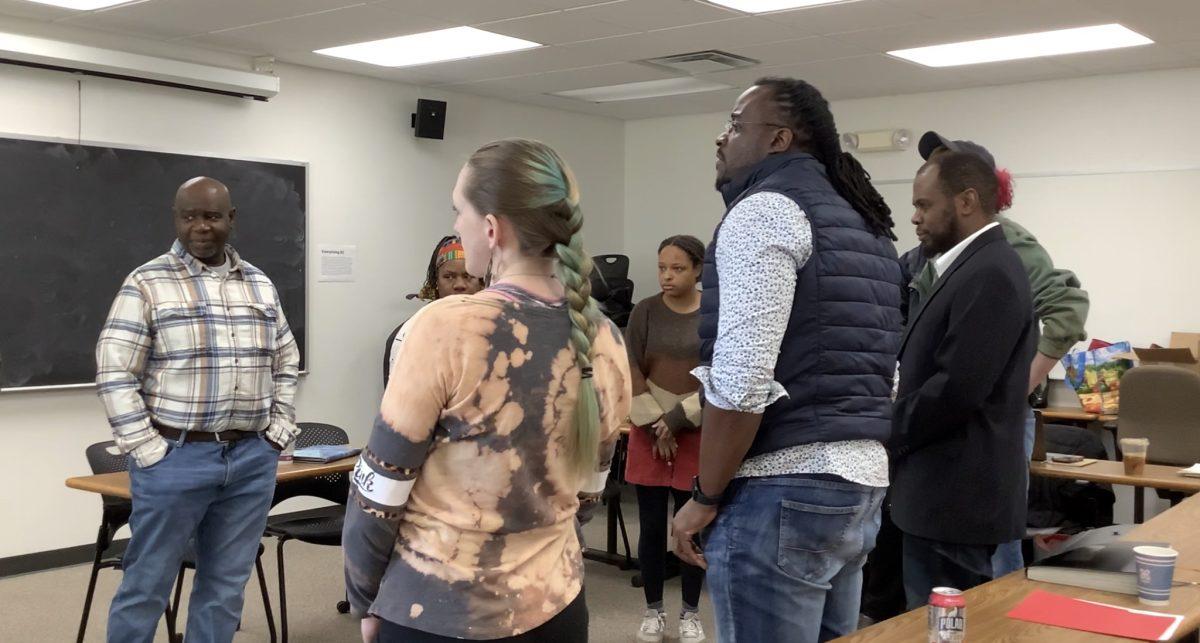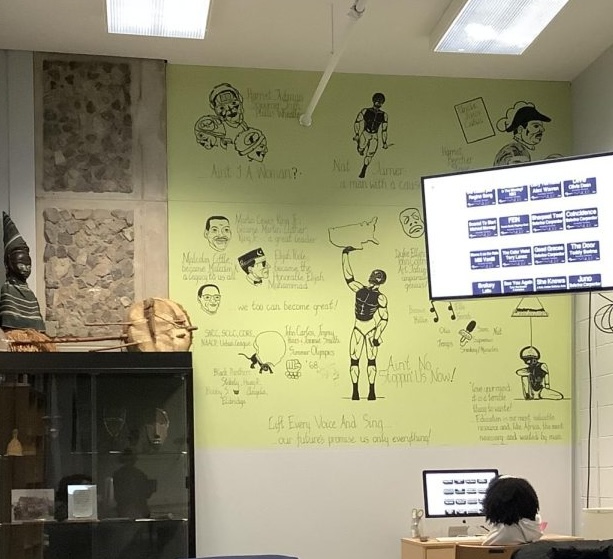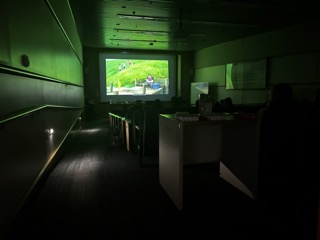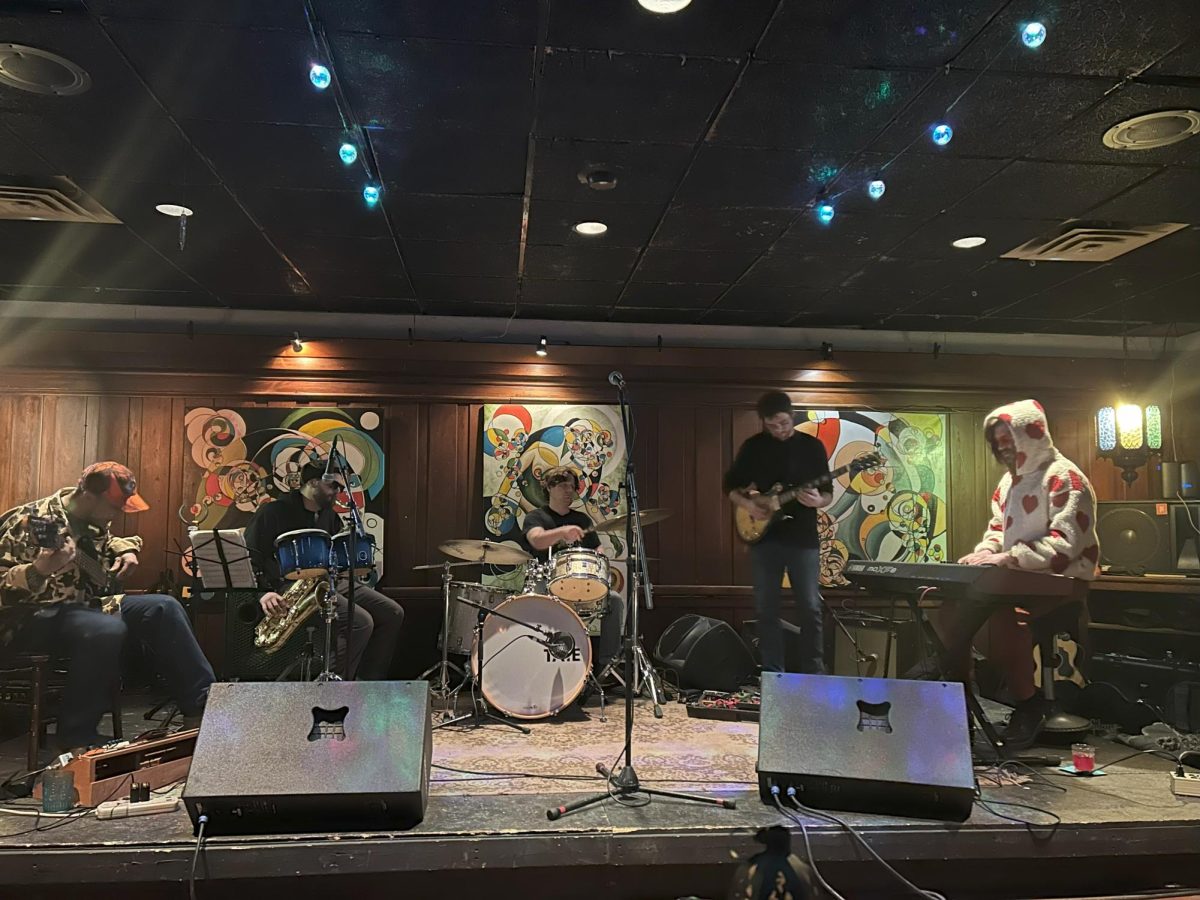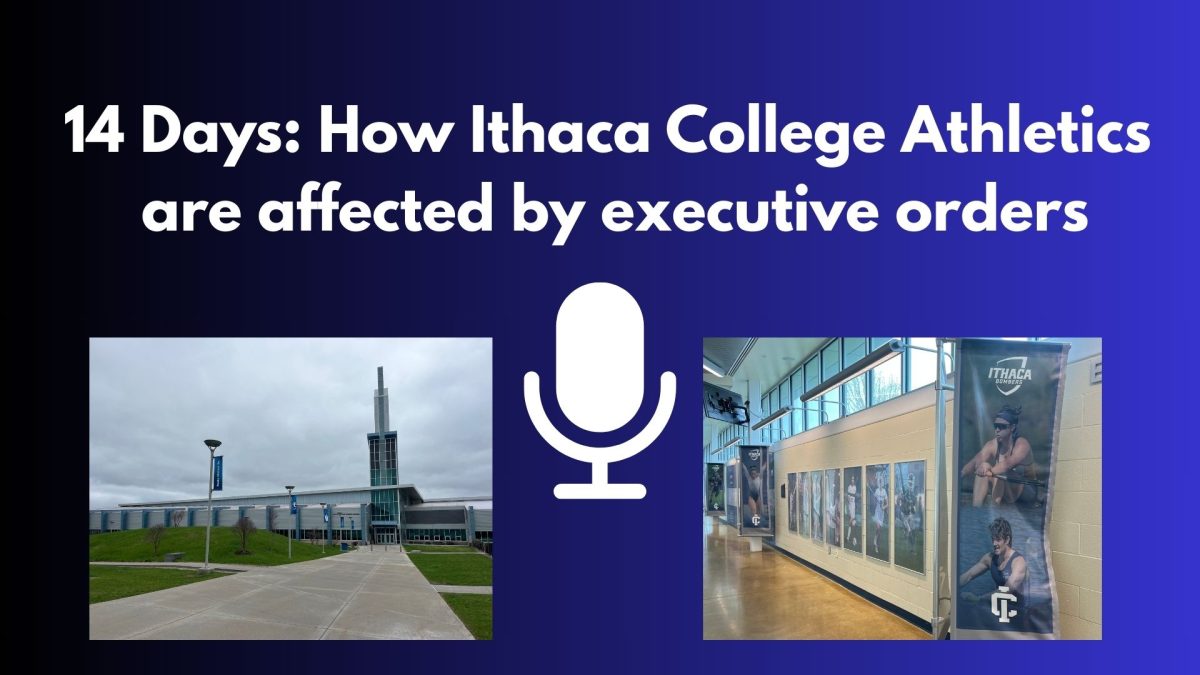
This is the meaning behind the Qinfolk Festival, an art festival dedicated to the celebration of queer and trans people of color and their relationship to mental health. The inaugural festival took place on Saturday, Oct. 5 throughout many locations in downtown Ithaca.
The Qinfolk festival’s purpose was “to center and exalt the creative expression of our community and cultivate safe spaces of representation and healing.”
The festival included a series of short films, pop-up galleries, workshops and discussions all created and led by queer trans people of color. Particular workshops created spaces specifically for queer trans people of color. These spaces are uncommon for people whose marginalized identities intersect.
“I think this festival brings together a lot of important aspects of what it means to be a queer trans person of color because it gives the community a place to express themselves artistically, to make connections with other people and to highlight the experiences of queer trans people of color,” said festival volunteer Daniela Rivero, a Social Movements and Latin American studies major at Ithaca College.
Community Expectations
During check-in, festival attendees were given a booklet of the event schedule and its locations, which included community expectations and guidelines for those attending the festival. The organizers emphasized: “Qinfolk is a space for queer and trans people of color” and asked “allies participating in the festival to be mindful of the space they take up and prioritize the voices and needs of QTPOC.”
Participants were given the choice to wear an orange bracelet if they felt comfortable being photographed. Organizers asked attendees to respect everyone’s boundaries and not take photos unless given permission. Most importantly, the festival was a celebration of existence and resistance, so positive energy and kindness all around were expected.
Pop-Up Galleries
The pop-up galleries, showcasing various artists, took place at the First Unitarian Gallery. The gallery included different mediums of art such as paintings, book narratives, film, collages, and photography.
The collection titled, “The Deserving Kind” by Sabba Zarenna, included photography printed on cloth, accompanied by a vase with flowers and a mirror. The photography read, “YOU ARE WORTHY OF ACCEPTANCE, YOU ARE WORTHY OF WEALTH, YOU ARE WORTHY OF TIME.”

Carolina Jeronimo, Business Administration and Management major at Ithaca College, said she thought the piece was especially powerful.
“We need to remind ourselves that we are human beings, and we need to take care of ourselves, and we are worthy. Sometimes people don’t tell us that, or we just forget about everything, especially ourselves,” said Jeronimo.


Short Films
Eight short films premiered in Cinemapolis, all centered on the artists’ identities in relation to mental health.
- Black Enuf* by Carrie Hawks, an animated documentary that discusses the concept of being enough to feel accepted by their culture.
- Mental Health Series by Dread, a compilation of QTPOC speaking about their relationships with mental health.
- The Mixtape: Stay Black, Baby!, a celebration of Black identity.
The film Climb by The Lady Ms.Vagina Jenkins, “comedically dispels stigma and assumptions about mental health from a Black, cis-femme, neurodivergent perspective.” This film, in particular, struck many folks as important.
“…it depicts this woman talking about the labels she has to grapple with as a queer woman of color who struggles with mental illness,” said Rivero. “She takes these labels, such as dissociative personality disorder and post-traumatic stress disorder, and flips them to make them her own and take agency of her experience.”
This film underscored the meaning behind the festival: identity is not linear, but intersectional. In the words of Qinfolk organizers, “We are black AND brown AND trans AND queer AND … Qinfolk is a space for us. The folx at the intersection.”





